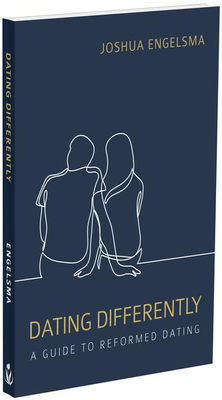Your cart is empty now.
January 15, 2020 Standard Bearer preview article
Marital communication—The sweetest words
Let me hear thy voice; for sweet is thy voice.—Song of Solomon 2:14
There are many interpretations on the Song of Solomon, yet most would agree it contains lovely communication between a bridegroom and his bride. The two sing one another’s praise. They speak with love and respect. Their speech involves sharing personal thoughts, including inmost longings, in safety. There is mutual trust. This level of communication is a giving of oneself, a way of saying, “I want to know you and I want you to know me.” There are no substitutes for heart to heart talks in marriage.













